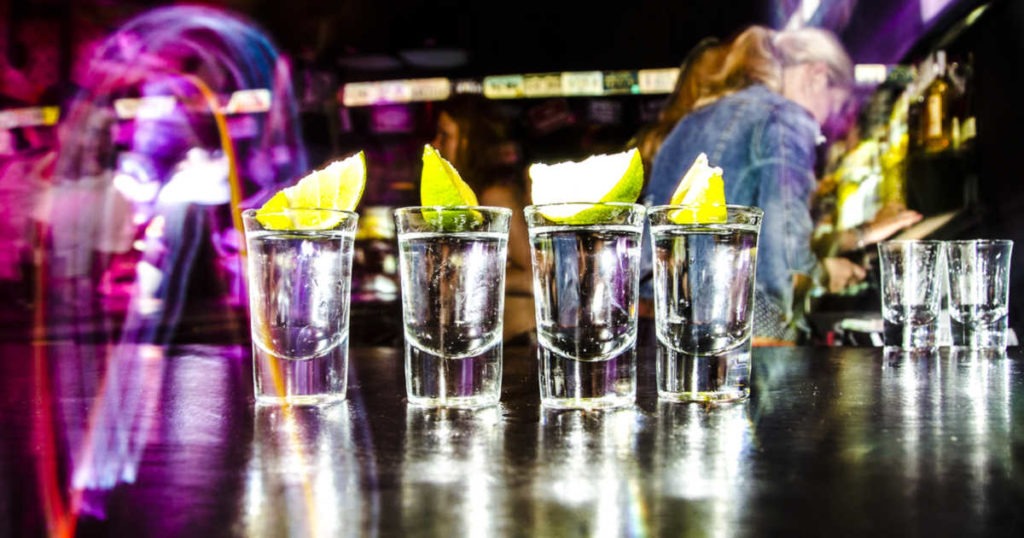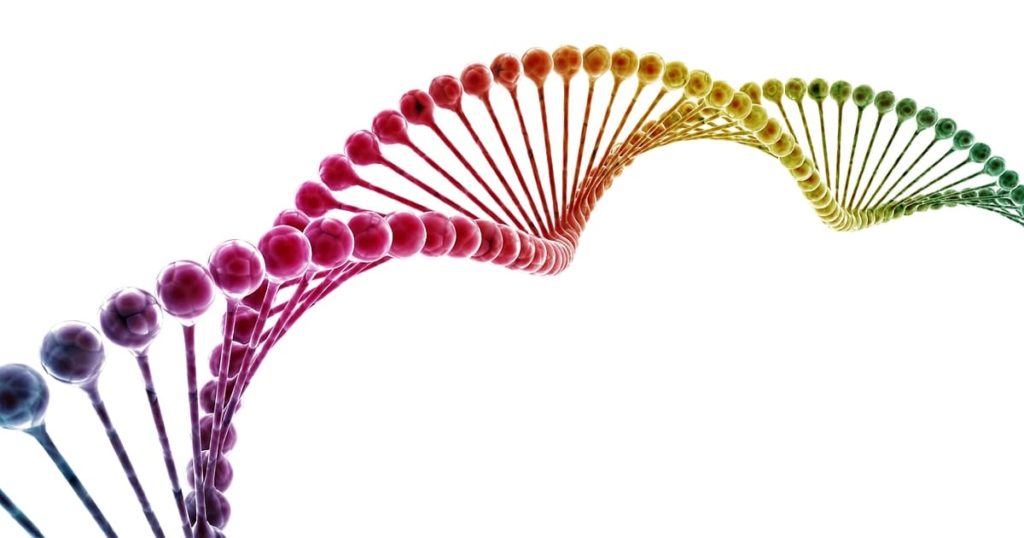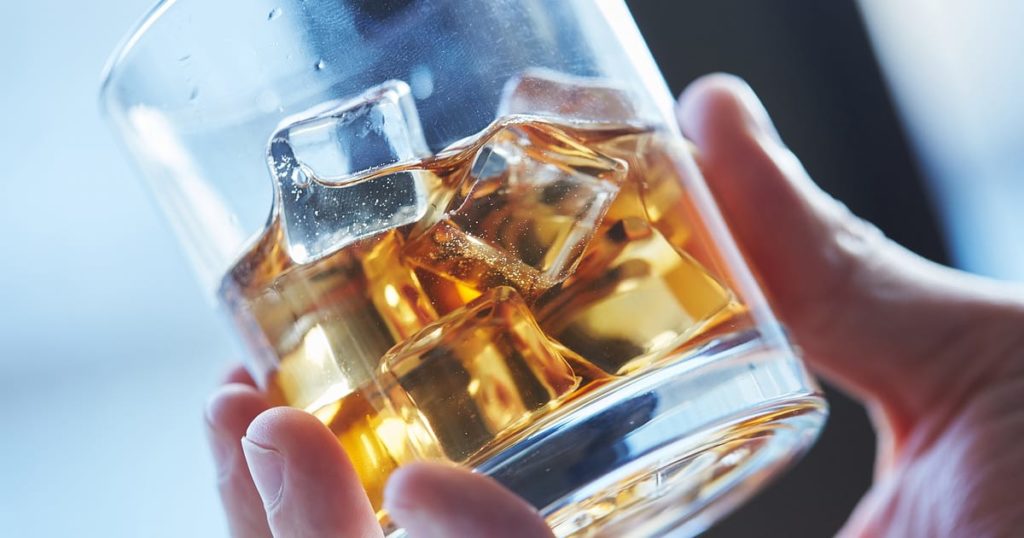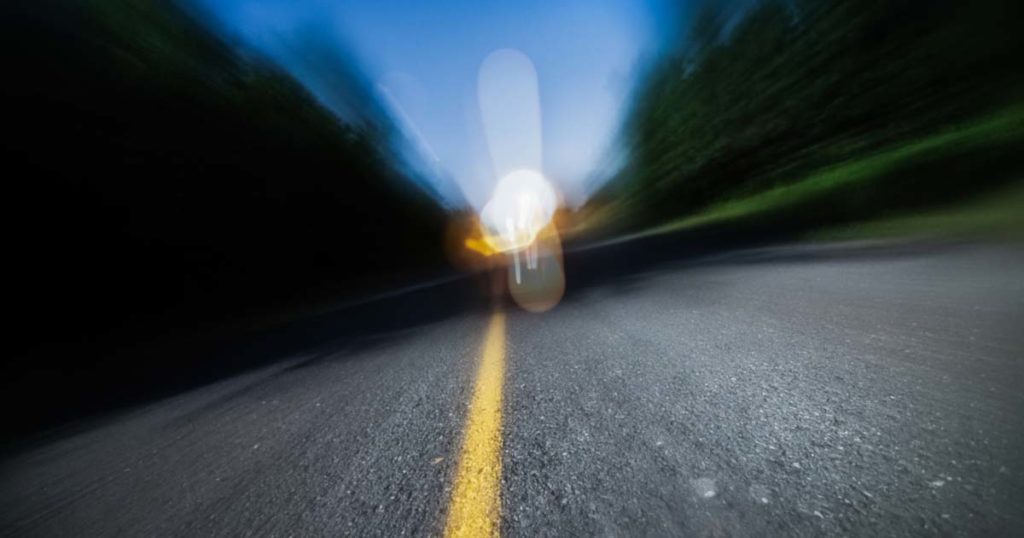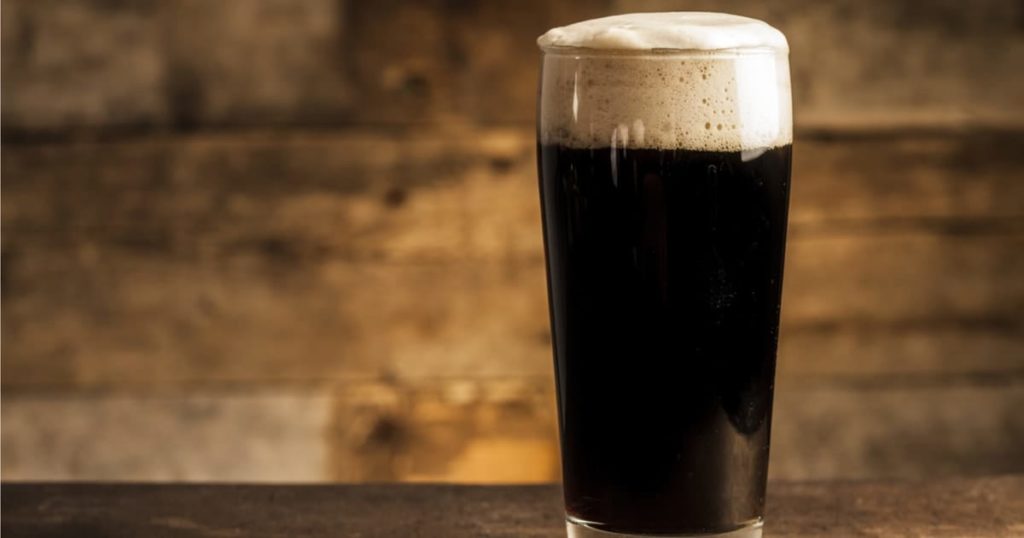Binge drinking is a risky form of short-term alcohol consumption that leaves you intoxicated in no more than a couple of hours. When you repeatedly binge on alcohol, you seriously increase your chances of developing diagnosable problems with abuse and/or addiction. You also apparently increase your chances of developing the blood sugar disorder type 2 diabetes. That possibility exists because of the impact binging has on your body’s ability to use a hormone called insulin.
Binge Drinking Essentials
Men enter alcohol binging territory whenever they consume five or more standard drinks in two hours or less. Women pass into binging territory when they consume four or more standard drinks in the same brief span of time. Binge drinking is heavily associated with excessive overall alcohol intake. In fact, more than nine in 10 heavy drinkers go on alcohol binges. In addition to increased risks for diagnosable alcohol problems, the long list of harms associated with binging includes:
- A drastically increased chance of driving while intoxicated
- Increased risks for accidental or intentional injuries
- Increased risks for an alcohol overdose (i.e., alcohol poisoning)
- Increased chances of being a sexual assault victim or perpetrator
- Increased risks for health problems such as nerve damage, liver disease and heart/cardiovascular disease
Type 2 Diabetes Essentials
Type 2 diabetes is caused by a poor reaction to the effects of insulin, which travels from your pancreas to your bloodstream after you eat. Normally, this hormone makes it possible for the sugars produced by food digestion to leave your bloodstream and enter your body’s cells. However, in a type 2 diabetic, this reaction to insulin is significantly reduced, and damaging amounts of sugar (i.e., glucose) accumulate inside your blood instead of passing into your cells. Before full-blown diabetes symptoms appear, your body will develop a precursor condition called insulin resistance.
Impact of Alcohol Binging
In a 2013 study published in the journal Science Translational Medicine, a team of American and Austrian researchers used laboratory experiments on rats to assess the impact of binge drinking on your odds of eventually developing type 2 diabetes. These researchers concluded that a pattern of alcohol binging could significantly increase your risks for the blood sugar disorder. That’s true because, for more than two days after a binge comes to an end, your body develops increased resistance to the normal effects of insulin and your blood sugar level rises abnormally. If this situation occurs repeatedly over time, it could set the stage for the onset of diabetes. So, it appears that you can add a new danger to the many risks that come with binging on alcohol, and add another reason to seek alcohol abuse treatment as soon as possible. Resources Centers for Disease Control and Prevention: Fact Sheets – Binge Drinking https://www.cdc.gov/alcohol/fact-sheets/binge-drinking.htm U.S. National Library of Medicine – MedlinePlus: Diabetes Type 2 https://medlineplus.gov/diabetestype2.html Science Translational Medicine: Binge Drinking Induces Whole-Body Insulin Resistance By Impairing Hypothalamic Insulin Action https://stm.sciencemag.org/content/5/170/170ra14

